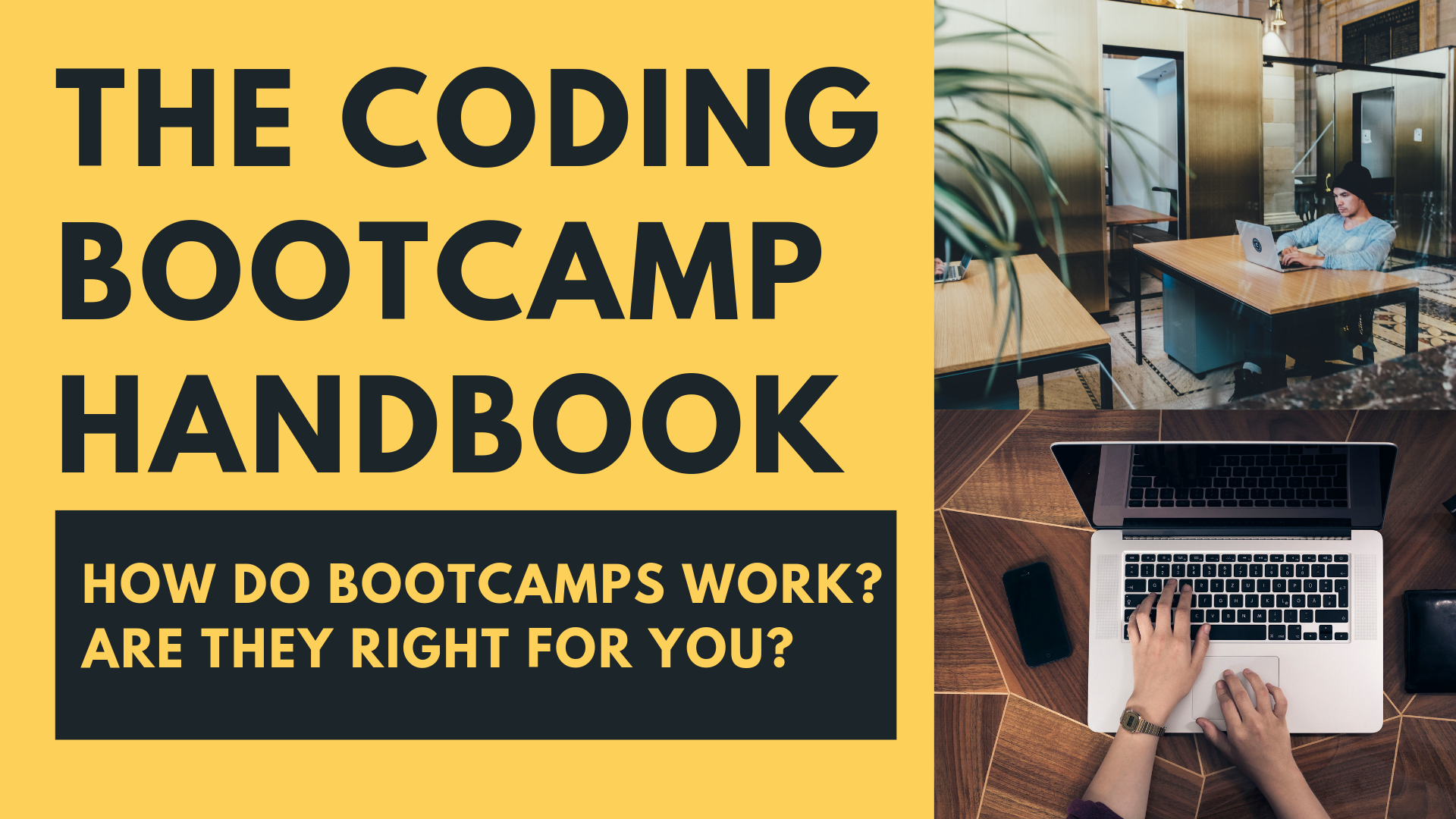Bootcamp Duration Variations: How Long Are Coding Bootcamps

Coding bootcamps offer intensive training in programming, but their duration varies significantly depending on several factors. Understanding these variations is crucial for prospective students to choose a program that aligns with their learning style, career goals, and time constraints. This section will explore the different factors affecting bootcamp length and provide a clearer picture of what to expect.
How long are coding bootcamps – Bootcamp durations typically range from a few weeks to several months, with considerable differences between full-time and part-time options. Full-time programs, designed for immersive learning, often condense the curriculum into a shorter timeframe, while part-time programs stretch the same material over a longer period, allowing for greater flexibility.
Factors Influencing Bootcamp Duration
Several key factors influence the overall length of a coding bootcamp. The specific programming languages and technologies covered significantly impact the curriculum’s scope and, consequently, the time needed for mastery. A bootcamp focusing solely on Python fundamentals might be shorter than one encompassing full-stack web development with multiple languages and frameworks. The curriculum’s intensity also plays a role; a fast-paced, immersive program will naturally be shorter than a more relaxed, self-paced online course.
Bootcamp Duration Across Different Formats
The format of the bootcamp – immersive, online, or hybrid – also affects its duration. Immersive bootcamps, characterized by their intensive, in-person learning environment, typically last for a shorter period (e.g., 3-6 months) due to their concentrated schedule. Online bootcamps, offering greater flexibility, often span a longer duration (e.g., 6-12 months or more) to accommodate the student’s learning pace and schedule. Hybrid bootcamps, blending online and in-person components, tend to fall somewhere in between, offering a compromise between intensity and flexibility.
Bootcamp Lengths by Programming Language
The following table provides a general comparison of typical bootcamp durations for several popular programming languages. Note that these are estimates, and actual durations can vary significantly based on the specific bootcamp provider and curriculum.
| Programming Language | Full-Time (Months) | Part-Time (Months) | Notes |
|---|---|---|---|
| Python | 3-6 | 6-12 | Often includes data science and machine learning aspects. |
| JavaScript | 3-6 | 6-12 | Frequently covers front-end and back-end development. |
| Java | 4-8 | 8-18 | Often includes enterprise application development. |
| C# | 4-6 | 8-12 | Frequently focuses on game development or .NET applications. |
Curriculum Intensity and Pace

The duration of a coding bootcamp is significantly influenced by the intensity and pace of its curriculum. A packed curriculum covering many technologies in a short timeframe will naturally result in a shorter bootcamp, while a more in-depth, slower-paced program will extend the learning period. Understanding this relationship is crucial for prospective students to choose a program that aligns with their learning style and career goals.
The learning pace employed by different bootcamps varies considerably. Some adopt an accelerated approach, cramming a substantial amount of material into a condensed timeframe, often requiring long hours and intense focus. Others opt for a more gradual, sustainable pace, allowing students more time to absorb concepts and practice their skills. This difference directly impacts the total duration of the program, with accelerated bootcamps typically lasting 12 weeks or less, while more deliberate programs may extend to 24 weeks or longer.
Accelerated versus Gradual Learning Approaches, How long are coding bootcamps
Accelerated bootcamps prioritize speed and efficiency. These programs often feature intensive daily schedules, numerous hours of coursework, and a fast-paced delivery of information. Examples include some programs offered by institutions like App Academy or Flatiron School, which have historically offered intensive, shorter-term options. Conversely, bootcamps with a more gradual approach provide a more manageable learning experience. They often incorporate more project-based learning, individual mentorship, and opportunities for skill reinforcement, leading to a slower, more comprehensive learning journey. Some online bootcamps or those offered by universities often fall into this category, offering more flexibility and potentially longer durations.
Trade-offs Between Shorter and More Comprehensive Curricula
The choice between a shorter, more intense bootcamp and a longer, more comprehensive one involves several trade-offs.
- Shorter Bootcamps: Offer a quicker entry into the job market, potentially leading to faster ROI on tuition investment. However, they may sacrifice depth of understanding and require a higher degree of self-discipline and prior programming knowledge.
- More Comprehensive Curricula: Provide a more thorough grounding in programming fundamentals and advanced concepts. They often include more hands-on projects and personalized mentorship, leading to a stronger skillset. The drawback is the longer duration and higher overall cost.
- Learning Curve: Shorter bootcamps present a steeper learning curve, potentially overwhelming some students. Longer bootcamps allow for better assimilation of information and a more gradual mastery of skills.
- Job Placement Support: While both types of bootcamps usually offer career services, the support provided might vary. Longer programs might have more time dedicated to career preparation, including resume building and interview practice.
- Cost Efficiency: While shorter bootcamps have lower upfront costs, the accelerated pace might necessitate foregoing a paid job during the program, impacting overall cost-effectiveness.


Tim Redaksi